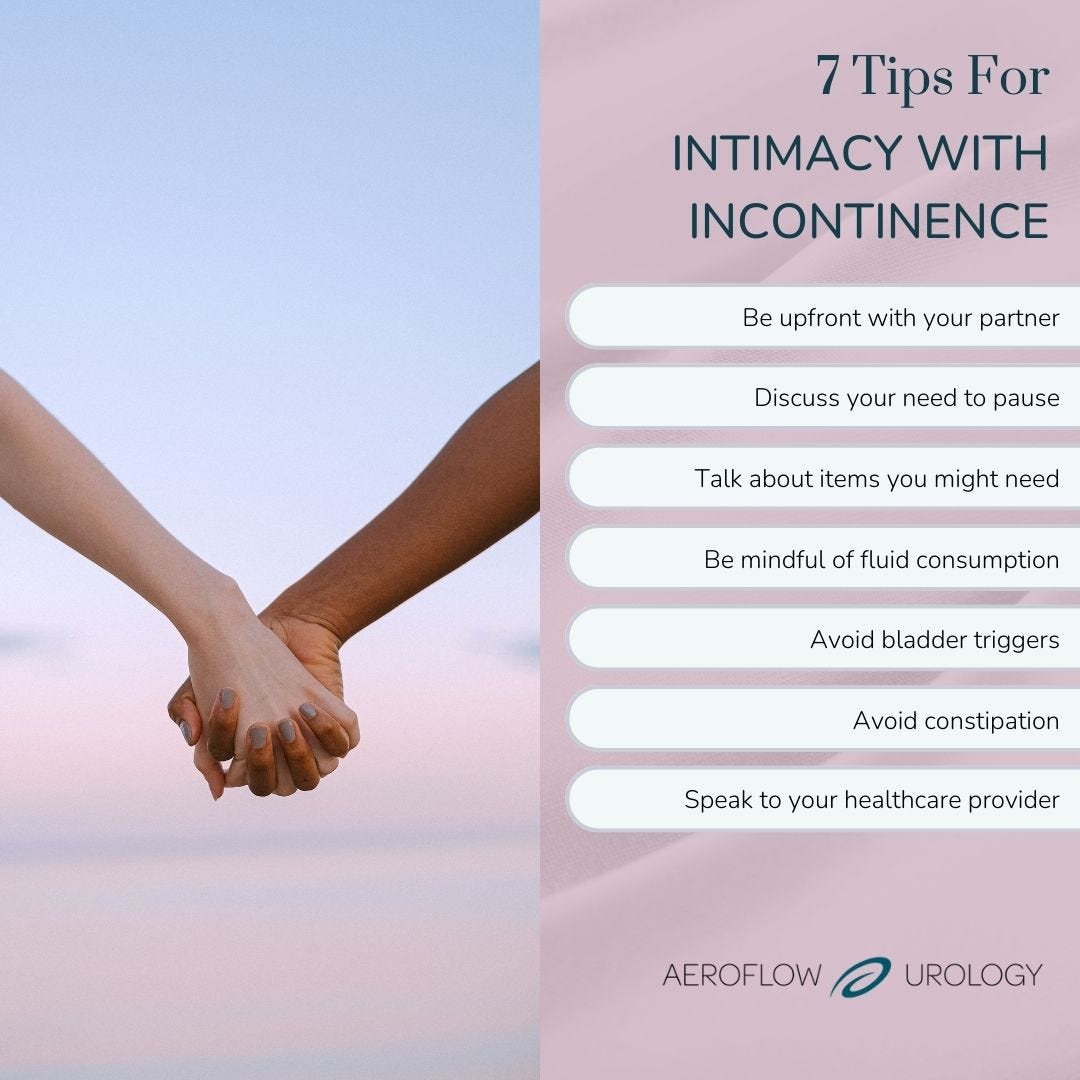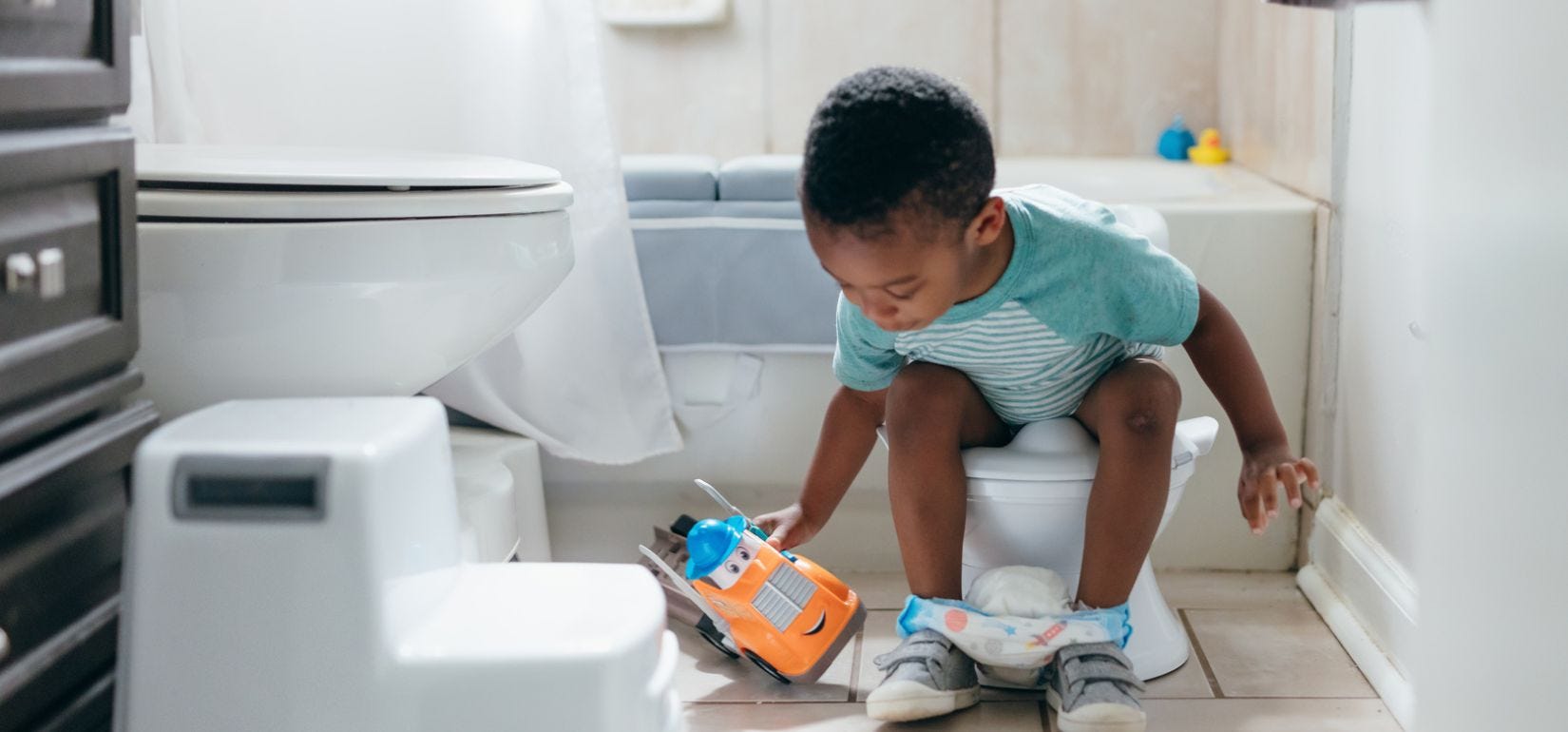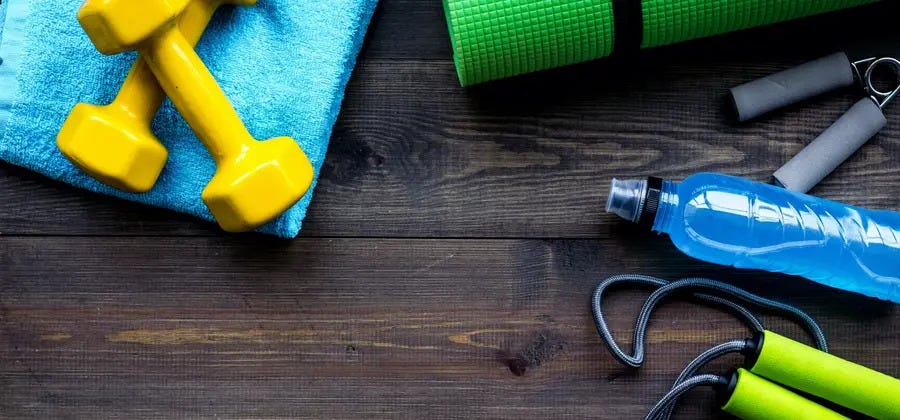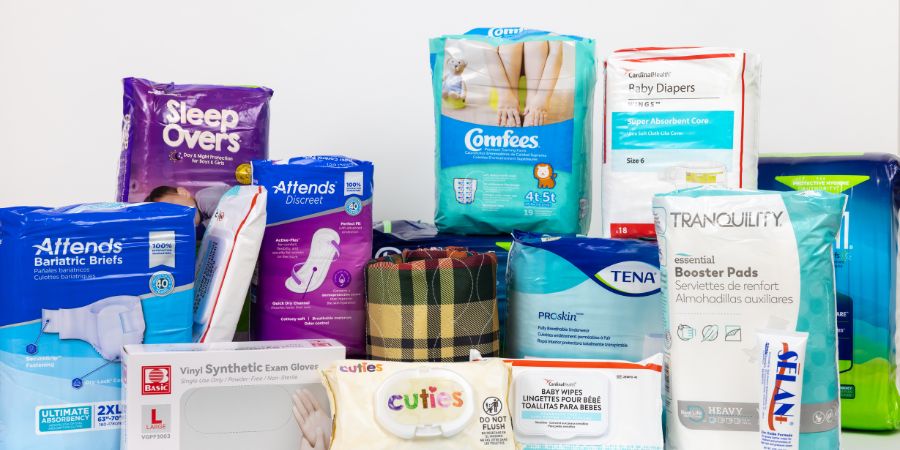Nothing compares to the deep connection and vulnerability between you and your partner. However, when urinary incontinence enters the equation, you may experience many unexpected challenges that impact your physical comfort and emotional intimacy.
Unfortunately, the topic of bladder issues is often stigmatized, and men and women with the condition feel ashamed, remaining silent and going without treatment. This can lead to even more unease in dating and physical relationships, impacting quality of life.
Thankfully, there are ways to engage in and maintain physical and emotional relationships with bladder leaks.
In this article, Aleece Fosnight, board-certified physician assistant specializing in sexual medicine, women’s health, and urology, will answer the questions we received in our Ask Our Medical Advisors series about intimate relationships and bladder leaks. She’ll shed light on the issues you may be facing and advise you on navigating intimacy and relationships with UI.
How Do I Know If I Have Urinary Incontinence?
Urinary incontinence (UI) is the loss of bladder control that results in unintentional urine leakage. While UI has been traditionally associated with aging or certain health conditions, it’s essential to recognize that it often affects people of all ages and genders. You may have UI if you experience any of the following symptoms:
- Leak urine throughout the day.
- Leak urine at night (nocturnal enuresis).
- Feel the sudden and intense urge to urinate.
- Dribble urine after voiding your bladder.
Check Your Eligibility
2 Easy Steps
From catheters to pediatric and adult incontinence supplies, discover the continence care essentials covered by your insurance.
- Void your bladder more frequently than usual (more than 8 times a day).
- Leak urine when you sneeze, cough, bend over, or lift heavy objects.
There are many different types of incontinence, including stress urinary incontinence, overactive bladder (OAB), urge incontinence, overflow incontinence, and functional incontinence. You may develop one or more types of UI for a variety of reasons, including:
- Hormonal changes (pregnancy, menstruation, menopause).
- Prostate issues.
- Pelvic floor weakness.
- Aging
- Disabilities (autism, spinal cord injury (SCI), Down syndrome, etc.).
- Pelvic organ prolapse (POP).
How Does Urinary Incontinence Affect Intimacy?
Bladder leakage can significantly impact your sex life for several physical and emotional reasons. Let's explore some main ways UI can impact your intimate relationships.
UI is seen more in AFAB individuals (ciswomen); they avoid intimate activities secondary to fear they will leak during sexual activities. They could also be afraid that they will need to urinate or leak during sexual activity. Increased abdominal pressure may also deter individuals from engaging in sexual activity.
For AMAB (cismen), leaking during intimacy may cause pain and anxiety. Both can tense the pelvic floor muscles causing pelvic pain and even sexual dysfunction such as erectile dysfunction, premature ejaculation, or delayed ejaculation.
- Physical discomfort: Depending on the severity of your leakage and underlying health conditions, you may experience physical pain that impacts your sexual function. You may face challenges achieving or maintaining arousal or orgasm or experience vaginal dryness.
- Embarrassment & anxiety: The American Foundation for Urologic Disease (AFUD) reports that 1 in 3 women with incontinence avoid sex secondary to fears of leaking during intercourse or orgasm. The fear of leaking is prevalent for many people with UI inside and outside the bedroom. The constant fear of leakage during intimate moments can cause embarrassment and anxiety and may make it difficult to relax and enjoy sexual satisfaction.
3. Fear of judgment & rejection: You may fear being judged or rejected by the person you’re engaging in intimate acts with. This fear is often based on the stigma surrounding UI; society often deems the condition shameful or unsanitary. In men and women, this stigma can also lead to feelings of inadequacy or sexual dysfunction, creating a reluctance to initiate or engage in intimate acts and even relationships.
4. Loss of spontaneity: If you have UI, you may need to plan and prepare for accidents or leakage before intimacy, leading to a loss of spontaneity, which can be important for some sexual relationships.


5. Self-esteem and body image: Living with bladder leakage can affect your self-esteem and body image. You may feel less attractive or undesirable due to leaks, which can make you feel uncomfortable during intimacy.
6. Communication challenges: Both you and your intimate partner may struggle when communicating openly about UI, especially if you feel ashamed about your condition. Lack of communication can lead to emotional distance and misunderstandings, ultimately affecting your relationship's intimacy.
7. Reduced emotional intimacy: Intimacy goes beyond the physical aspects of a relationship. Emotional intimacy is equally important, and UI can strain emotional closeness by adding stress and worry to your relationships.
8. Coping mechanisms & withdrawal: You may cope with the challenges of UI by withdrawing from intimacy altogether. This can lead to feelings of isolation and disconnection in your relationships.
How Do I Date & Be Intimate With Urinary Incontinence?
You may feel like it’s scary or uncomfortable to start dating when you have UI, but it’s prevalent among adults, and it's essential to recognize that UI affects everyone differently. However, addressing the issue openly, seeking support from healthcare professionals, and engaging in open communication with your partner(s) can pave the way for finding solutions, enhancing emotional connection, and preserving intimacy in the relationship.
Fosnight suggests the following strategies for dating and being intimate with UI.
- Be upfront with your partner about your concerns before you are intimate. Sharing your worries and fears can help to connect with your partner.
- Discuss your possible need to pause during sexual intimacy to empty your bladder and / or clean up before continuing.
- Talk to your partner about items you might need during sexual activity, like a towel, washcloth, incontinence pad, pillows, and moist wipes.
- Be mindful of fluid consumption, limiting fluids an hour before sexual activity.
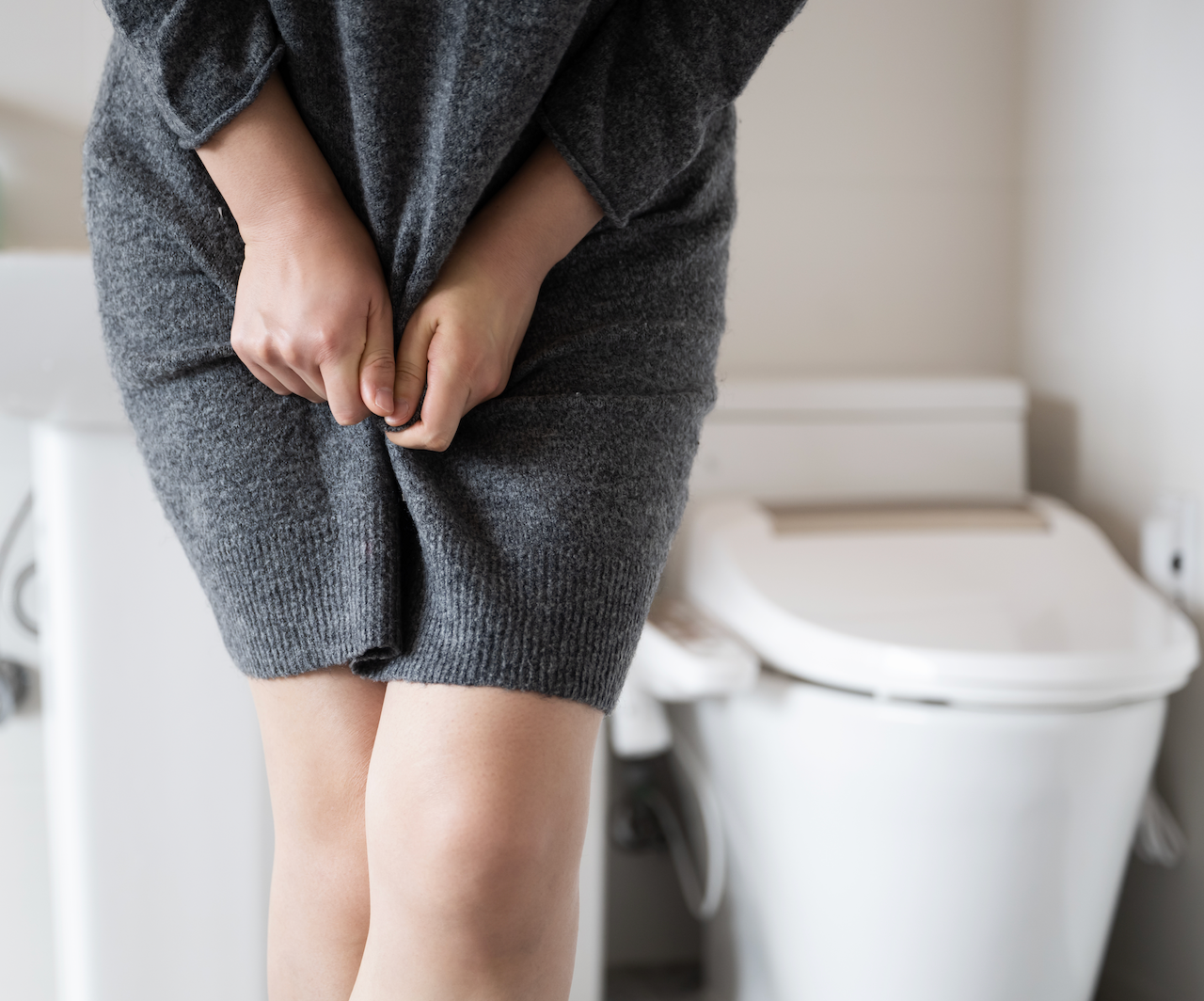

5. Avoid bladder triggers like caffeine, citrus, and spicy foods.
6. Avoid constipation, as a full rectum and bowel will place extra pressure on the bladder and abdomen, increasing pressure that may make leaks more susceptible.
7. Speak to your healthcare provider! There is no shame in asking questions about your health. However, some folks may feel embarrassed. Send a message to your healthcare provider before your next appointment about your concern and ask them to bring it up. Bring a support person with you to your appointment to help support you when bringing up your concerns with incontinence. Don’t forget to bring up the situation around incontinence regarding intimacy.

Incontinence and intimacy are two topics that can be embarrassing to talk about, let alone them happening together. Still, it is vital to advocate for yourself and ask for assistance when you have more questions than answers. You can do it!
Disclaimer
Information provided on the Aeroflow Urology website is not intended as a substitute to medical advice or care from a healthcare professional. Aeroflow recommends consulting your healthcare provider if you are experiencing medical issues relating to incontinence.



